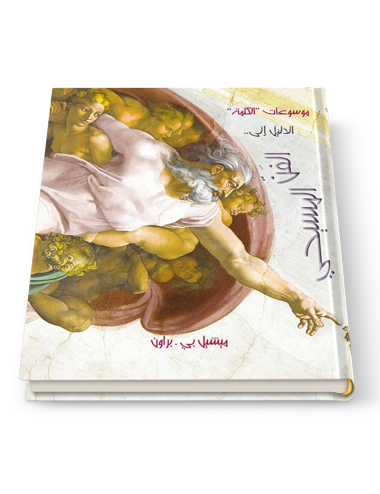Free from Lies: Discovering Your True Needs
“[Alice Miller] illuminates the dark corners of child abuse as few other scholars have done.”―Jordan Riak, NoSpank.net
0.194 kg - 1.3 kg
“[Alice Miller] illuminates the dark corners of child abuse as few other scholars have done.”―Jordan Riak, NoSpank.net
Rare and compelling in its compassion and its unassuming eloquence...her examples are so vivid and so ordinary they touch the hurt child in us all NEW YORK MAGAZINE
Christianity has been a central force in the shaping of western culture. It is not surprising, therefore, that the greatest artists down the centuries have sought to paint its story. This book tells the history of Christian art, exploring the purpose behind the masterpieces and looking at the context in which they were created. The modern secular reader who feels detached from the meaning of the paintings will be helped to understand their emotional as well as their asethetic power. And the Christian reader will be encouraged to explore further the wonder and beauty of the Christian cultural legacy. The book includes a final chapter on the way modern artists are continuing and changing the legacy.
An examination of childhood trauma and its surreptitious, debilitating effects by one of the world's leading psychoanalysts.
Never before has world-renowned psychoanalyst Alice Miller examined so persuasively the long-range consequences of childhood abuse on the body. Using the experiences of her patients along with the biographical stories of literary giants such as Virginia Woolf and Marcel Proust, Miller shows how a child's humiliation, impotence, and bottled rage will manifest itself as adult illness―be it cancer, stroke, or other debilitating diseases. Miller urges society as a whole to jettison its belief in the Fourth Commandment and not to extend forgiveness to parents whose tyrannical childrearing methods have resulted in unhappy, and often ruined, adult lives.
This book is a help for each one who feel the need to deal with their anger, who wants to act with anger in an effective way, they want to leave the past and move forward, suffer from spoiling their relationships with others as a result of bouts of anger, those who feel unhappy and lack of control over themselves.
This book is both a testament to a great thinker and a still vital strand of thought in the comprehension and critique of the modern organized world. It is essential reading for younger scholars and a radical reminder for those steeped in the tradition of a critical theory of society.







